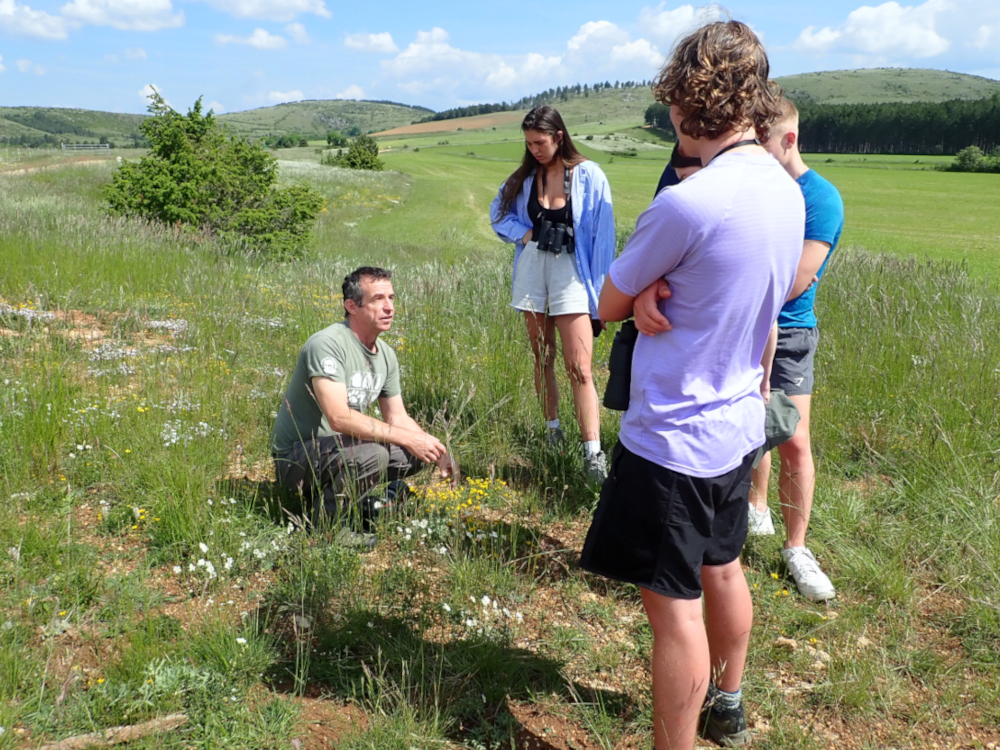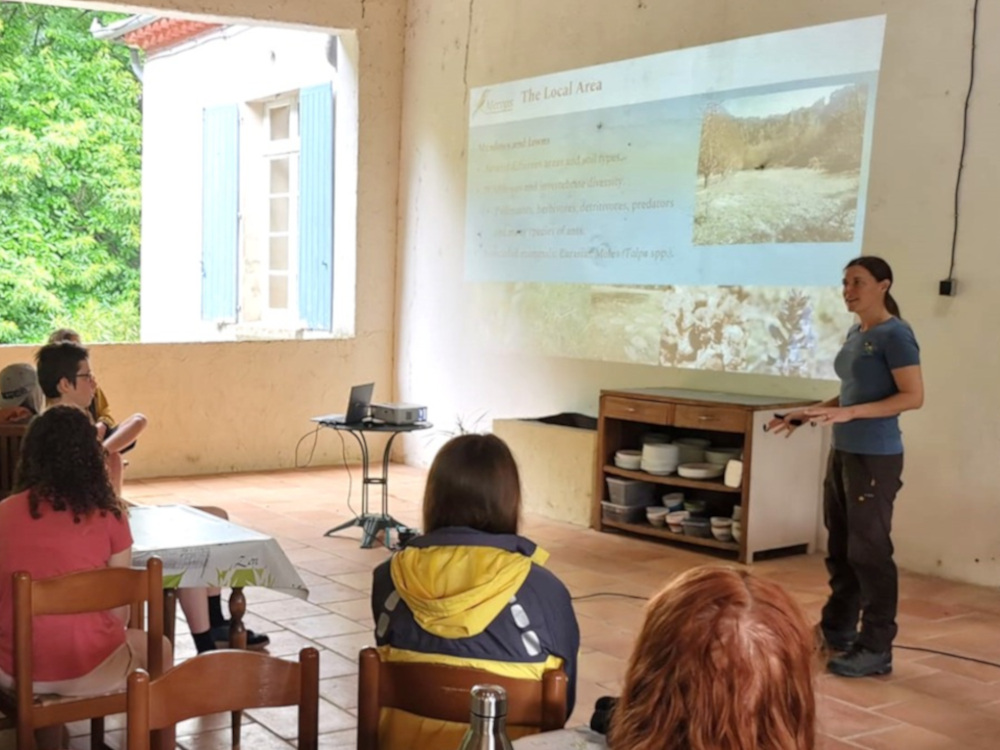The situation
Over the past few decades, field courses have increasingly been conceptualised as adventures to far-flung locations. While opening up the possibilities of encountering rare and unique ecosystems, this process can have the opposite detrimental effects of creating barriers to participation. Cultural differences and laws in destination countries may make it unsafe for some students to attend due to protected characteristics.

Fieldwork can also be unfairly perceived as work for fit and athletic people, requiring strenuous efforts to even access some sites. Clearly this disadvantages individuals with differing abilities. Further, with the climate crisis ever more apparent, it is becoming increasingly paradoxical, or even hypocritical to suggest that students (particularly those interested in conservation) should have to fly to far-off destinations with a heavy carbon footprint when excellent case studies can be found closer to home with a much smaller environmental cost.

Our response
Taking all of this into account, we have selected southern France as an excellent field course destination. Here, we offer a field course destination that is safe, accessible, sustainable and importantly, still appropriate scientifically and exciting to visit.
At the interface between the Mediterranean and Continental biomes, with access to mountain and marine ecosystems within easy reach, the region is a melting pot of biodiversity. Where else can you see vultures one day and flamingos the next, all the while still learning about ecosystems that are relevant to European students?
Merops can offer